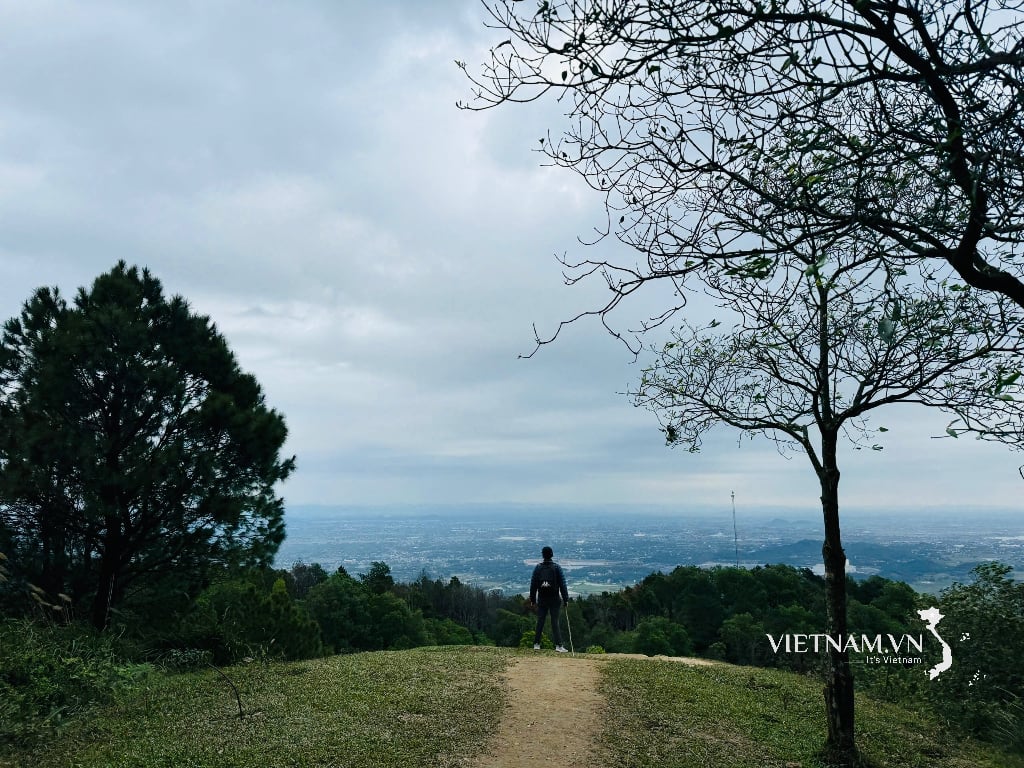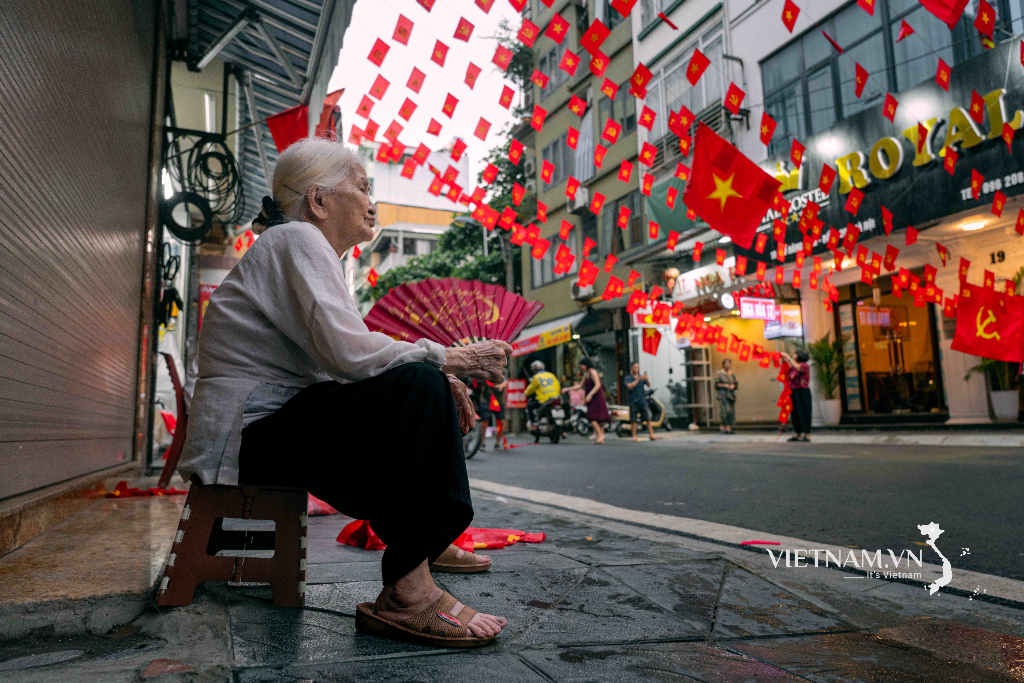According to Vietnam national team coach Kim Sang-sik, the current opponent will be stronger than in the ASEAN Cup 2024 held earlier this year, and could be even stronger when the two teams meet again in the return leg in March next year, given Malaysia's increasingly aggressive naturalization policy implemented since 2018. This trend of naturalizing players is completely changing Southeast Asian football. Countries with weak football foundations like Laos, Cambodia, and Timor Leste, which previously didn't pay much attention to naturalization, now have nearly 50% of their national teams composed of naturalized players.
Singapore, which had abandoned naturalization after winning the Southeast Asian championship three times, has now had to return to recruiting players who were not born in Singapore. For Indonesia, their remarkable achievement of reaching the fourth round of the 2026 World Cup qualifiers is seen as the result of a squad largely composed of players born and raised in the Netherlands but with Indonesian ancestry.
The trend of naturalizing players is not new to Vietnamese football. We have been using players of foreign origin or overseas Vietnamese, with the case of Nguyen Xuan Son at the ASEAN Cup 2024 showing immediate effectiveness. Currently, there are almost no restrictions on adding naturalized players to the national team, but the implementation process is still very slow, even somewhat passive. The number of players of Vietnamese origin returning to the country for "trials" is mainly in the youth teams, but their quality is not high, making it difficult for them to integrate. Meanwhile, the number of foreign players playing in the V-League is not large, not meeting FIFA's 5-year residency and work permit requirement; nor are there many naturalized Vietnamese players at a young age. In other words, the current source of naturalized players, including overseas Vietnamese, cannot be compared with other countries in the region.
Vietnamese football certainly cannot stand outside the trend of naturalization. Passively waiting for talented players abroad to choose Vietnamese citizenship through family connections will lead to a situation where "those who return are not good, while those who are good cannot yet return." Instead, there needs to be a talent scouting team through Vietnamese organizations and communities abroad, proactively assessing the abilities of young players to monitor their development, and then formulating a strategy to persuade and recruit them. Talented footballers abroad always have many choices to play for national teams, especially in the countries where they live and were trained.
The reality is that currently, coach Kim Sang-sik can hardly find anything suitable from domestic football, nor can he trust young players. In the short term, we must be bolder and more decisive in finding players. Without a clear strategy, it's difficult to acquire the best players, and the longer we delay, the more our results will regress.
Source: https://www.sggp.org.vn/da-lam-phai-quyet-liet-post798494.html






















































































![OCOP during Tet season: [Part 3] Ultra-thin rice paper takes off.](/_next/image?url=https%3A%2F%2Fvphoto.vietnam.vn%2Fthumb%2F402x226%2Fvietnam%2Fresource%2FIMAGE%2F2026%2F01%2F28%2F1769562783429_004-194121_651-081010.jpeg&w=3840&q=75)


![OCOP during Tet season: [Part 2] Hoa Thanh incense village glows red.](/_next/image?url=https%3A%2F%2Fvphoto.vietnam.vn%2Fthumb%2F402x226%2Fvietnam%2Fresource%2FIMAGE%2F2026%2F01%2F27%2F1769480573807_505139049_683408031333867_2820052735775418136_n-180643_808-092229.jpeg&w=3840&q=75)
![OCOP during Tet season: [Part 1] Ba Den custard apples in their 'golden season'](/_next/image?url=https%3A%2F%2Fvphoto.vietnam.vn%2Fthumb%2F402x226%2Fvietnam%2Fresource%2FIMAGE%2F2026%2F01%2F26%2F1769417540049_03-174213_554-154843.jpeg&w=3840&q=75)





Comment (0)